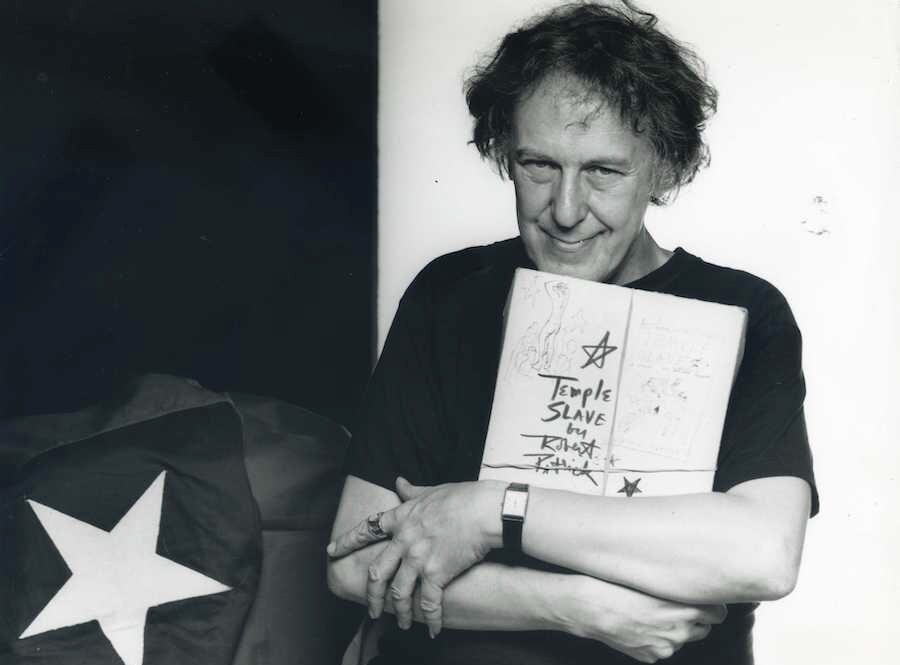Robert Patrick, a.k.a. Robert Patrick O’Connor, writer of poems, lyrics, short stories, novels, and a pioneering playwright known for his contributions to Off-Off-Broadway and the Caffe Cino, died in Los Angeles on April 23. He was 85.
Born on Sept. 27, 1937, in Kilgore, Texas, to migrant workers, Robert Patrick’s early life was spent constantly on the move, preventing him from forming childhood friends. He absorbed himself in reading and writing, leading to the development of his quick wit. He joined the Air Force but was quickly discharged after a poem he wrote to a fellow serviceman was discovered. He spent a summer as a dishwasher in Kennebunkport, Maine. On his way back to his family in Roswell, N.M., he stepped off a bus in New York City on Sept. 14, 1961, followed an attractive young man into the Caffe Cino, and found himself in the middle of a rehearsal for a play. He immediately found his “family of friends” and chose to remain there as an ardent devotee of that first Off-Off-Broadway venue, taking on various odd jobs to support himself and becoming involved in all aspects of theatrical production.
Inspired to write a play by his roommate, Lanford Wilson, he wrote his first, The Haunted Host, in 1964. It is considered one of the earliest modern gay plays, noted for its sympathetic and realistic portrayal of a leading gay character. Patrick would go on to become one of the most prolific writers, with over 300 productions of his plays in New York in the 1960’s. Patrick also worked at La MaMa Experimental Theatre Club, another of the first Off-Off-Broadway theatres. In 1969, he won Show Business magazine’s Best Play Award for a trio of short works: Joyce Dynel, Salvation Army, and Fog. Also in 1969, his play Camera Obscura was produced on PBS, starring Marge Champion, and was chosen to be in the well-known playwright revue “Collision Course.” The publishing company Samuel French declared him “New York’s Most-Produced Playwright” in 1972.
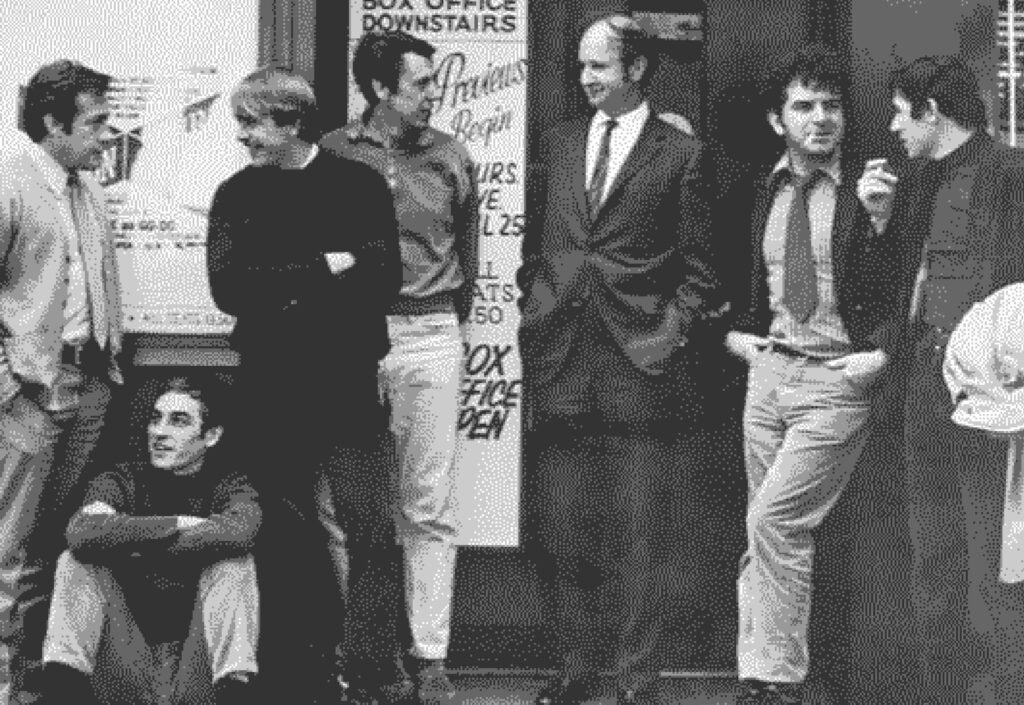
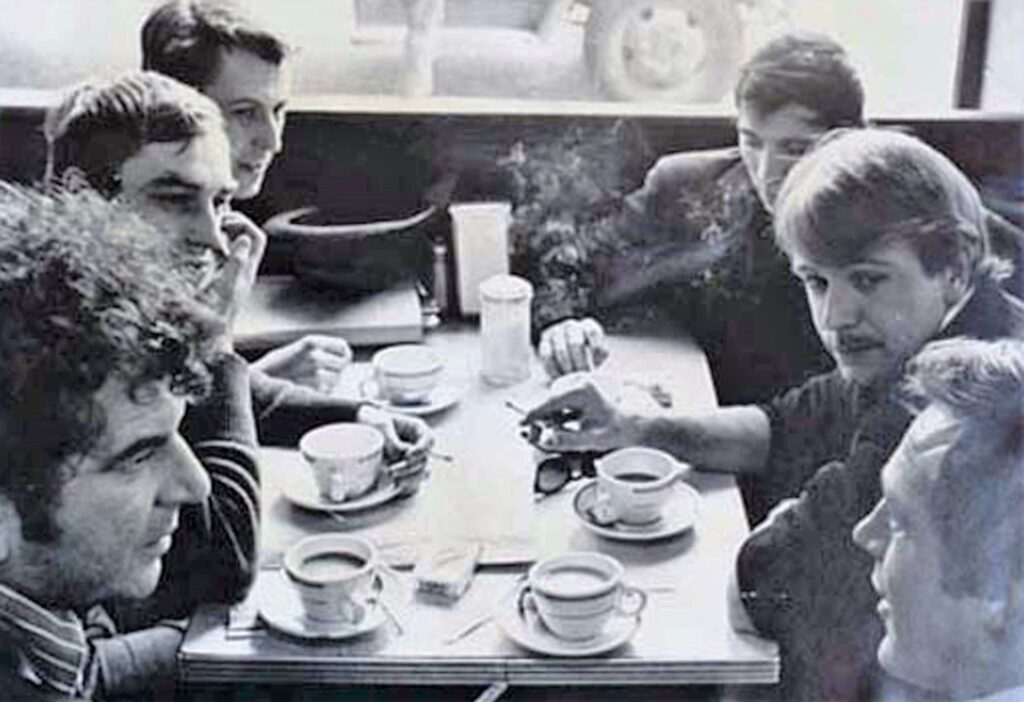
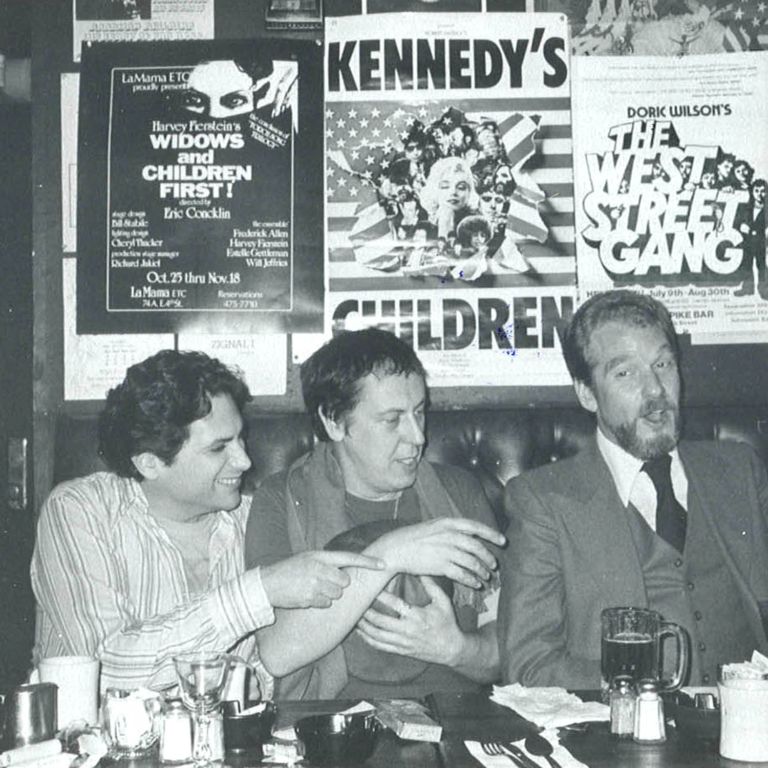
His best-known work, Kennedy’s Children, earned him some critical acclaim and a Tony Award for actress Shirley Knight in 1976. Patrick traveled extensively around the globe, where his plays were being stage in various productions and playwriting festivals. He eventually returned to the United States, where he enjoyed touring and teaching theatre workshops to high school students.
He moved to Los Angeles in the early 1990s. While generally retired from theatre, he still continued to write and stage several plays. After a brief career writing reviews of adult films, he was brought back to the stage by several younger underground Los Angeles theatre artists, who encouraged him in his role as a singer and songwriter. On his birthday in 2013, he performed his first solo show about his career entitled, What Doesn’t Kill Me Makes a Great Story Later, which featured several of his original a cappella songs. This was followed by two more solo evenings of mostly song, entitled Bob Capella and New Songs for Old Movies. He quickly became a beloved fixture of numerous theatre and cabaret communities, leading an active life as a regular at several venues monthly with his original songs right up until his passing.
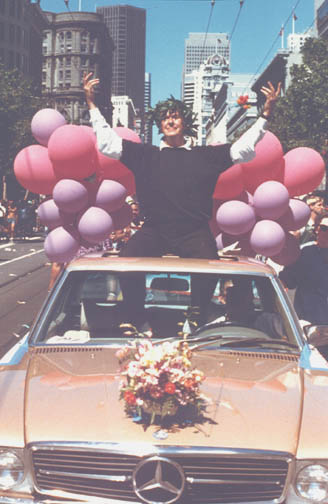
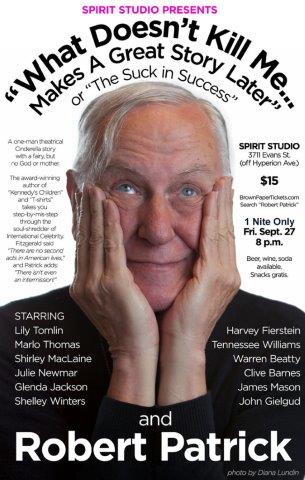
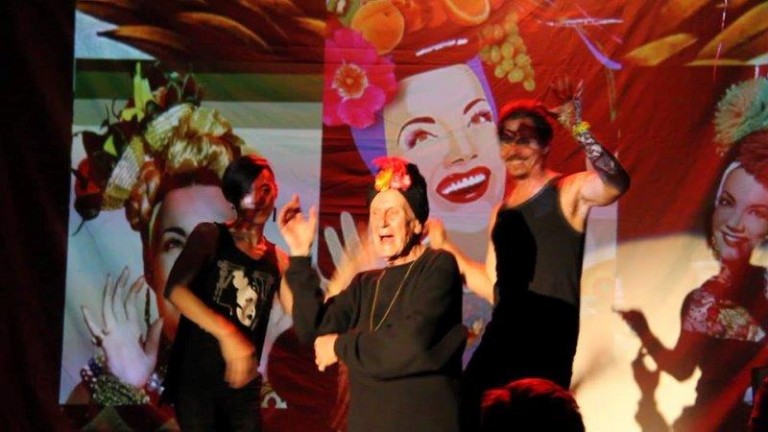
Robert remained active on social media, writing poems daily, and sharing photos, musings on old Hollywood movies, and Off-Off-Broadway news. He created a website with thousands of production photographs from hundreds of productions in New York and worldwide. He archived hundreds of performance spaces. His website, a celebration of the world of theatre which he so cherished, can still be viewed here. His theatre archives rest with New York Library for the Performing Arts at Lincoln Center under the title the Robert Patrick Papers. Portions of the collection have been digitized and are available online. He is survived by many of his close-knit theatre “family of friends” and a younger sister, Angela aka Bunny.
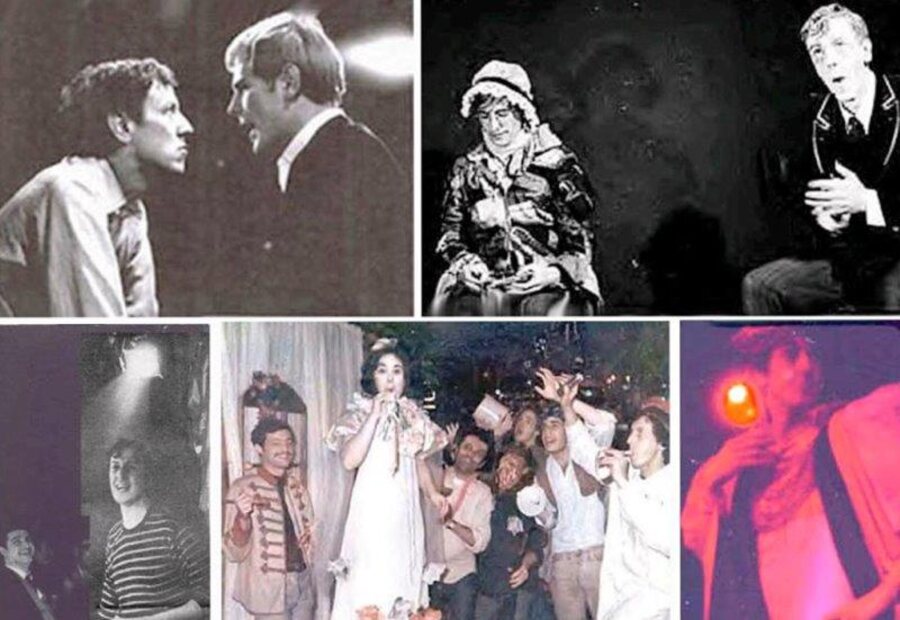
This obituary for Robert Patrick was prepared by interdisciplinary multimedia artist and arts administrator Jason Jenn, a longtime colleague of the late playwright, and forwarded to La MaMa, Robert’s creative home.

